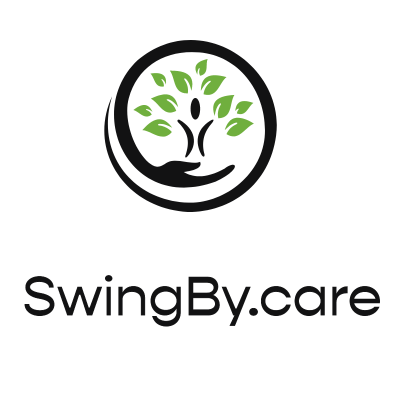Self-care is an important aspect of our health; it can affect both our mental and physical health. Caregivers can often find it hard to balance caring for themselves while also caring for others. However, it is widely known that one cannot pour from an empty cup, so we must ensure to also prioritize our well-being in the midst of caring for someone else’s. Whether you work in the medical field and are dealing with senior patients daily or are a family caregiver, it is a heavy burden to care for someone else all the time. We might often feel guilty at times too when we set aside time to take care of ourselves, but it’s important to remember that mental health is just as important as physical health.
We may neglect taking care of ourselves because we are so preoccupied with taking care of another, so here are some tips and reminders for better care for you!
Caregiving is not an easy job, and as such, it requires patience, skill, and often sacrifices. It can be hard to manage all the responsibilities required to be a caregiver, as well as managing your own responsibilities and duties. Caregiving, similar to many jobs, can be extremely rewarding, and can also often be overwhelming and challenging. Caregiving fills a human urge in us to feel needed and to help others, and although caregiving is a beautiful expression of love, that doesn’t make it easy. It is a tough job that one has to be called to do. Even the toughest people need breaks sometimes, and perhaps it’s those who put on the bravest front who often need the most support. You do not need to bear the weight of these responsibilities alone, and you deserve time to rest and care for yourself. In order to effectively care for another you must first care for yourself.
How to Better Care for You
Self-care can seem like a foreign and complex topic to those unfamiliar with it, but it’s relatively simple; it’s all in the name: taking care of yourself.
Some signs you aren’t taking care of yourself and your mental health, better known as ‘Caregiver Burnout’, may include:
- exhaustion
- feeling overwhelmed
- depression
- anxiety
- irritability
- lack of energy
These are just a few of the symptoms that can arise when a caregiver gives more than they receive. Self-neglect can happen in these situations, often when one needs to be caring for themselves the most.
A few basic self-care reminders for when you’re feeling overwhelmed and things you can do to create peace amidst the chaos:
- Stay active: Be sure to exercise regularly, and make it fun!
- Eat a balanced diet: Ensure you’re fueling yourself properly to give you the energy you need!
- Sleep: Rest is so important for our bodies, especially when dealing with heavy stress loads.
- Get support: Sometimes sunshine and a healthy diet just don’t cut it when it comes to mental health, and we find ourselves still struggling. Don’t sit in this struggle; instead, reach out to find care through a therapist, a support group, or some other avenue where you will be able to effectively navigate and cope with your stressors. Needing help or advice doesn’t make you weak; it makes you brave to admit you do.
- Be gentle with yourself: You’re doing the best you can, and that will always be enough. Let out your emotions and allow yourself to feel them by journaling or talking about them with a trusted individual.
Self-Care Tips for Caregivers:
- Don’t be afraid to ask for help: Even if it’s small things that you need assistance with, delegating your responsibilities to others who can help will ease the burden on your shoulders.
- Address Your Needs: Recognize that your needs are just as important as those of the person you are caring for.
- Set Boundaries: Establish clear boundaries between your caregiving responsibilities and personal time. It’s okay to say no to additional tasks or requests if they interfere with your ability to care for yourself.
- Take Breaks: Schedule regular breaks throughout the day to rest and recharge.
- Stay Connected: Set aside time to spend with friends, family, and loved ones outside of your caregiving role.
Remember, taking care of yourself isn’t selfish—it’s necessary for your well-being and your ability to effectively care for others. Prioritizing self-care allows you to manage caregiving demands and ensure you’re providing quality care to those you’re helping. As they remind us on airplanes, put your mask on first. To effectively help and care for others, we must first take care of ourselves!









